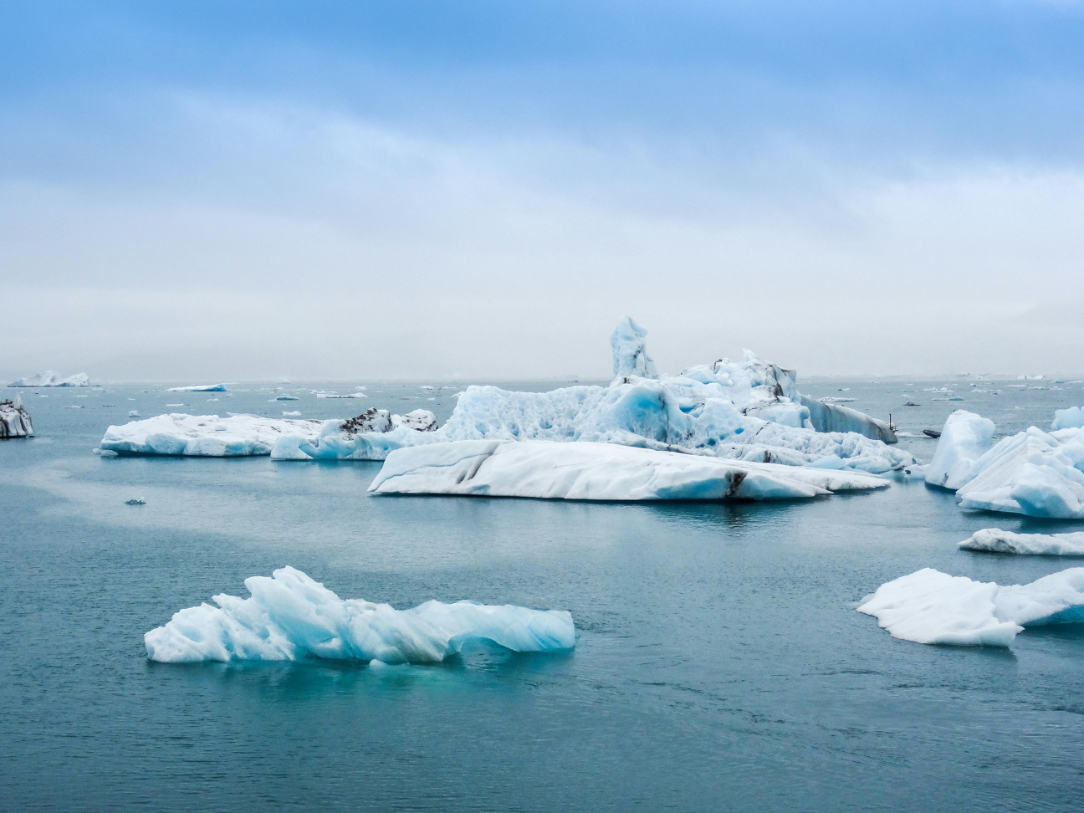Climate risks
Physical risks arise from the direct effects of climate change, such as extreme weather events, rising sea levels, and long-term shifts in weather patterns, which can damage infrastructure, disrupt supply chains, and increase operating costs.
Transition risks stem from the economic and regulatory adjustments required to move towards a low-carbon economy, including changes in policies, evolving market preferences, and technological innovations. These risks may lead to increased compliance costs, reduced market demand, asset devaluation, or reputational damage for companies that fail to adapt effectively.

Climate change
We are no climate experts. But we are keenly aware of the way climate changes influence the economic conditions in general as well as for individual companies. Did you know that insurance companies already have maps of regions that are likely to be most affected by melting ice caps? Or that lack of rainfall has led to your favourite producer of sparkling wine to cut back on the production. And don’t forget the trend towards increased disruptions due to climate changes.
Changes happen faster
Ten years ago, climate change (or let us be politically incorrect and say it in plain words: global heating) was something remote. In the last decade changes have become visible, and largely in the way that climate researchers have predicted. While we as individuals may hesitate to take measures to adjust – some still prefer gas guzzlers – it would be irresponsible for a company not to integrate climate risk in the risk readiness plan.
Complex - but not complicated
EUs pressure on companies is unrelenting. some 50,000 companies in the EU must in 2025 prepare reports on how they influence the environment and how their business is subject to risks from environmental factors.
Many companies are looking for help from lawyers and or auditors when it comes to finding out how to report.
As regards their sustainability risks, most companies could make it far by asking a simple question: what could go wrong for us?
